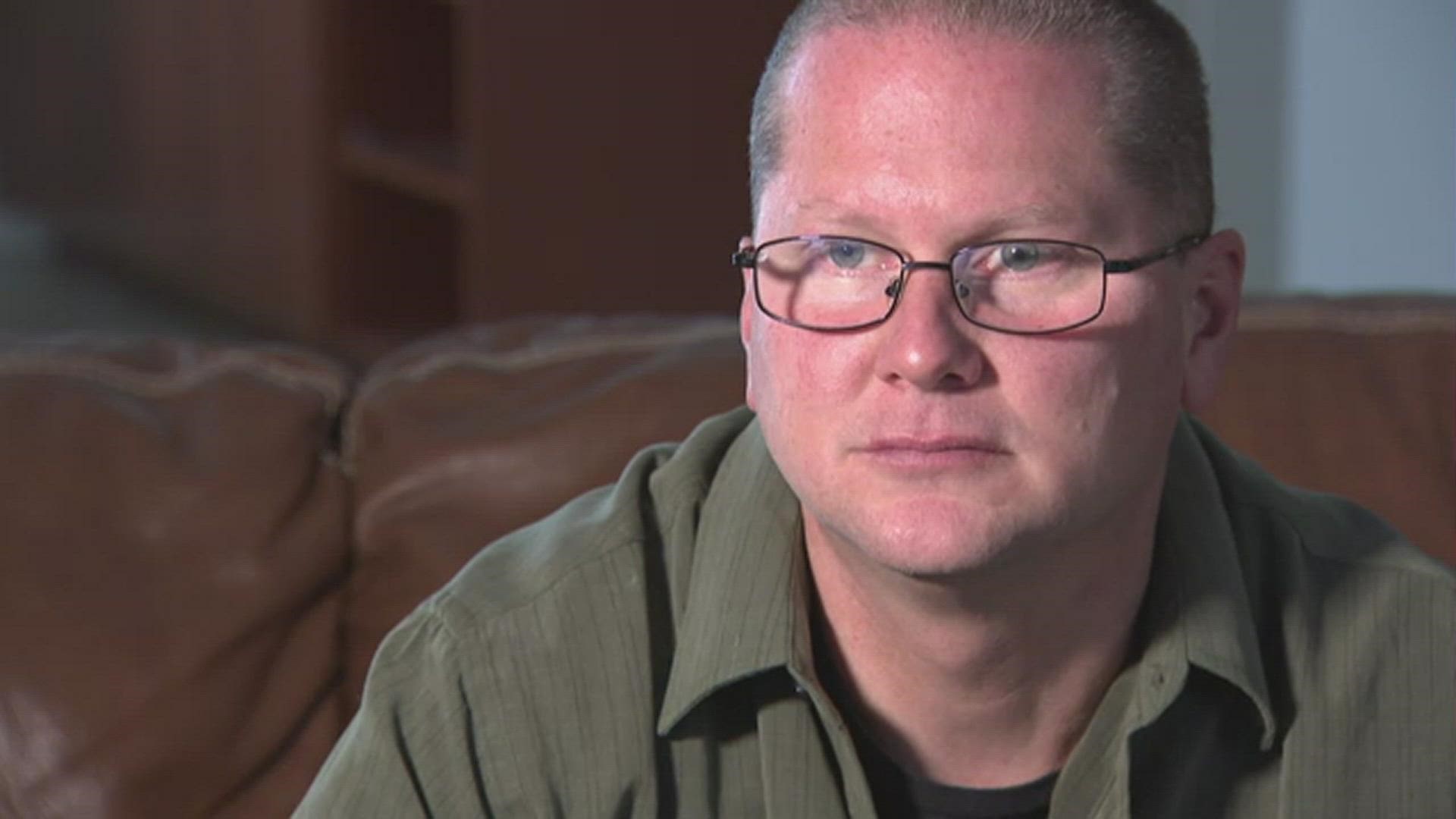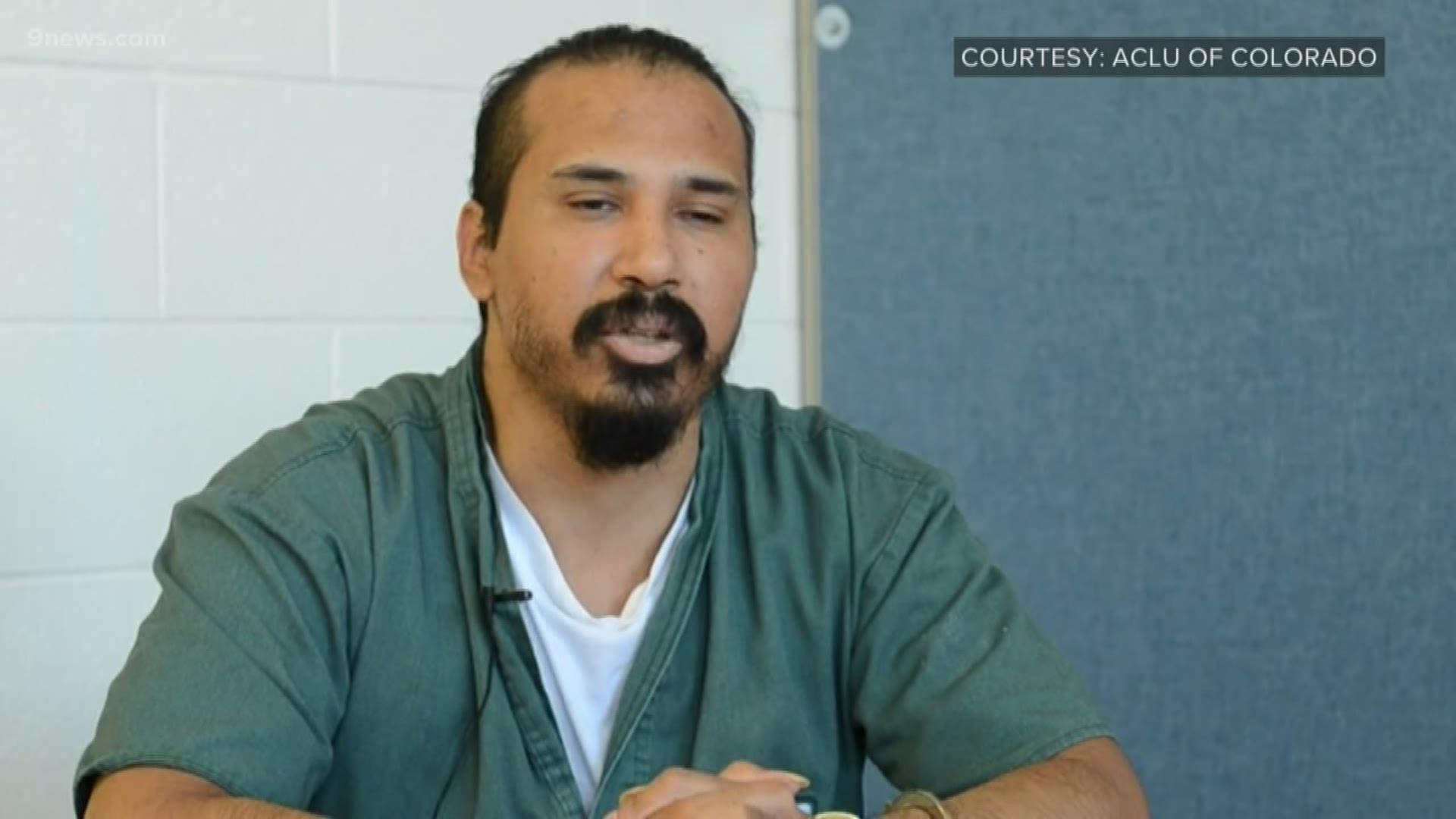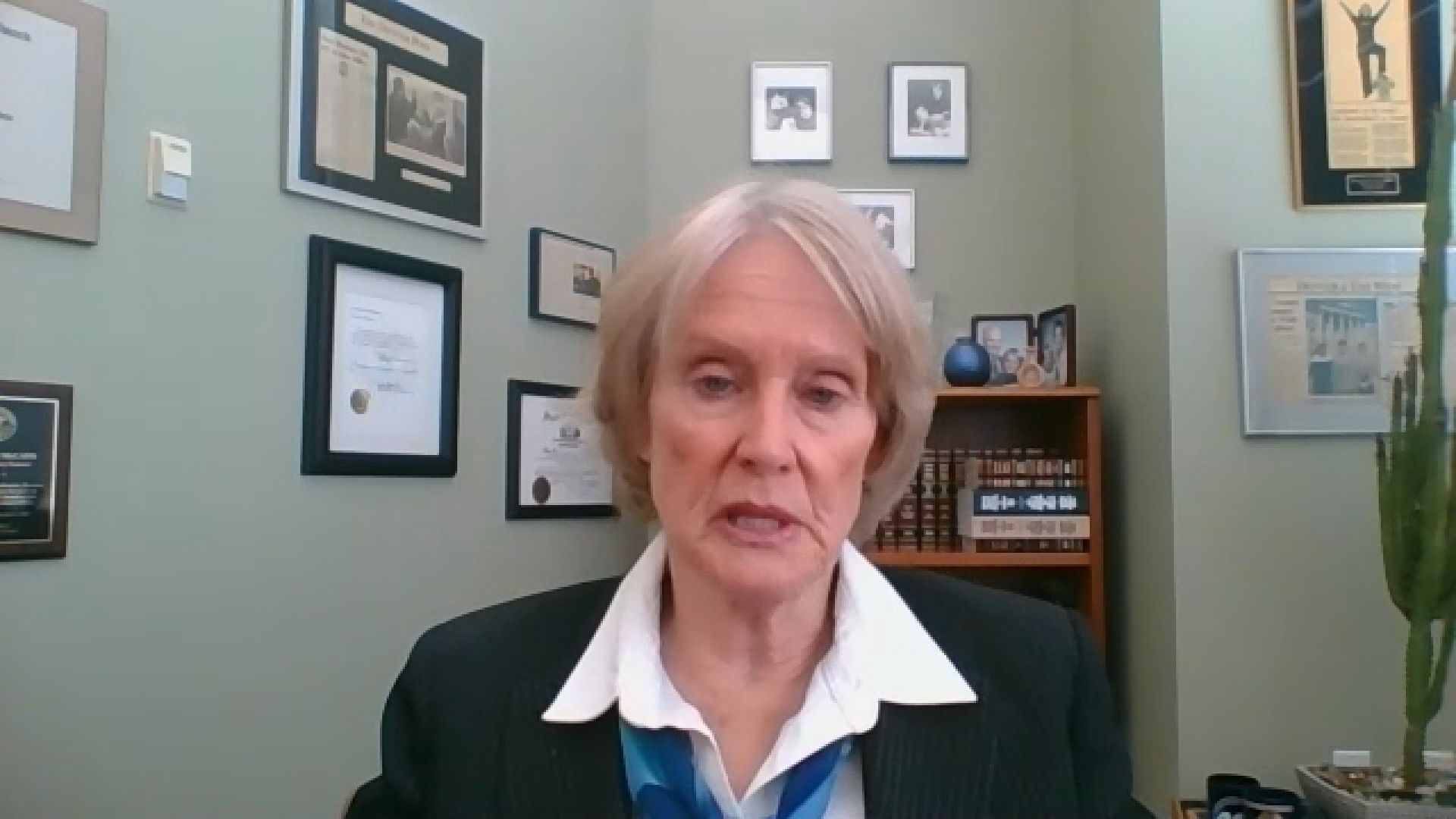'I thought I was going to die in prison': Colorado juvenile lifer walks free after 24 years
Jeff Johnson was sentenced to life in prison after a jury convicted him and his co-defendant of carjacking and killing a man in an Aurora parking garage in 1994.
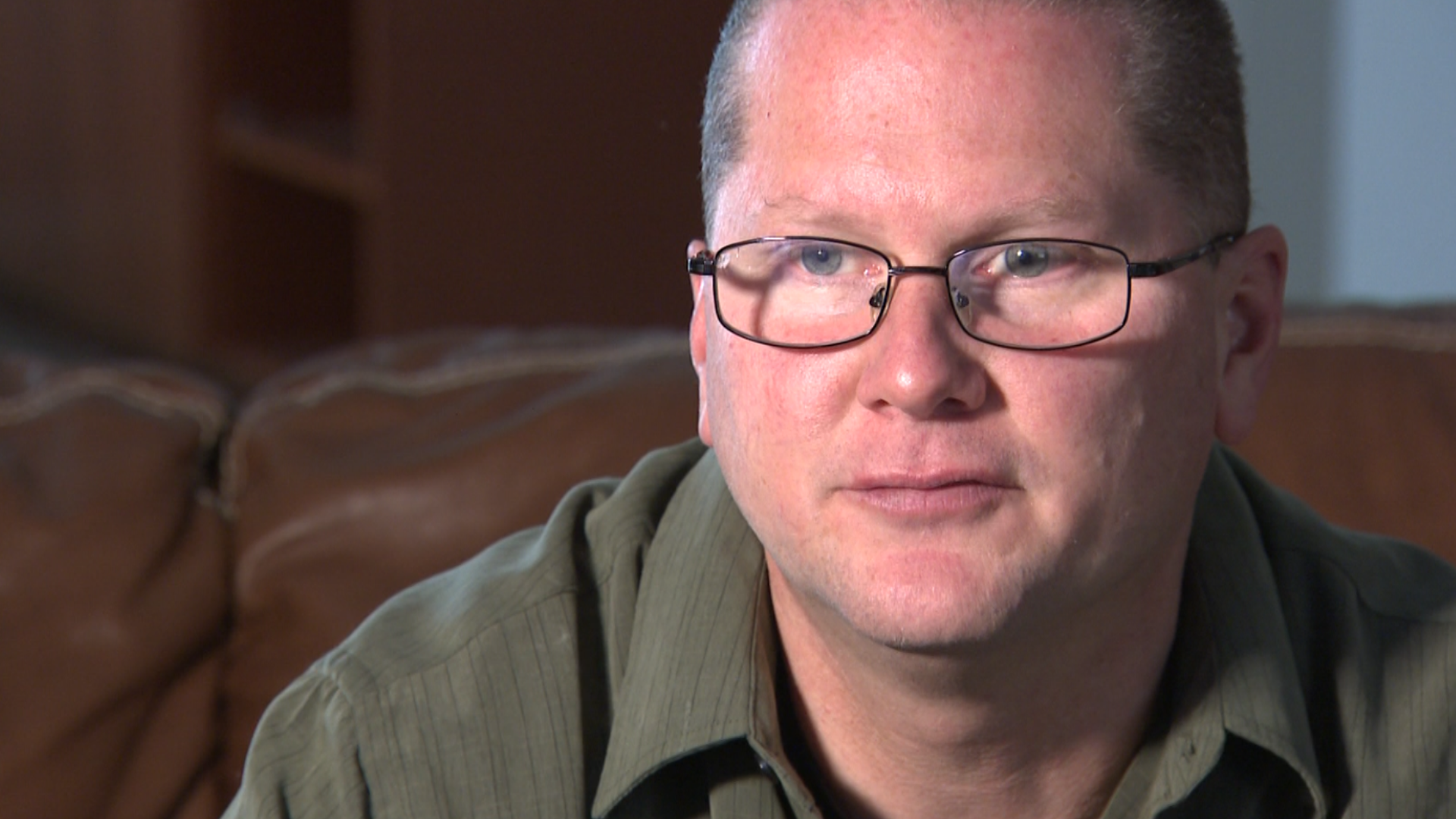
All you have to do is ask and Jeff Johnson will happily rattle off the things he's most grateful for in life: his wife, Jenny, their one-year-old twins, the new house they just bought in Colorado Springs, their three exuberant dogs and a well-paying job as a sales manager for a steel company
"I think we're doing alright for ourselves," Johnson said.
And last, but clearly not least, the fact that he is no longer serving a life sentence for murder.
A second chance 'I didn't really want to continue anymore'
"I thought I was going to die in prison," Johnson said.
It certainly seemed like he was going to. He was sentenced to life in prison after a jury convicted him and his 19-year-old codefendant of carjacking and killing a man in an Aurora parking garage in 1994.
Johnson was just 17 at the time.
"I never had a felony before," he said, "never gotten involved in all this kind of stuff."
According to Johnson, the transition to prison was difficult, to say the least. He became extremely depressed, at times suicidal, and turned to heroin to escape the darkness of prison life.
"I didn't really want to continue anymore," Johnson said.
> In the video below, Johnson's wife talks about how they met and the criminal justice system.
But a few years into his sentence, after some wise words from his grandmother, he began turning his life around.
"She told me everybody has a life sentence, we're just going to do it in different places," he said.
Johnson taught himself to read, got his high school equivalency diploma, became a mentor to other inmates and personally apologized to his victim's family.
"I was involved in an enormously huge mistake," he said. "The worst mistake anybody could make in their life."
Miller v. Alabama Why juveniles are being resentenced
Eighteen years after Johnson's self-described huge mistake was a decision that would set him on his unlikely road to freedom: The U.S. Supreme Court ruled in 2012 that it was unconstitutional to sentence juveniles to life in prison without the possibility of parole. That ruling is known as Miller v. Alabama.
A new law was then passed here in Colorado requiring that all juvenile lifers be resentenced, making them eligible for parole in as little as about 25 years.
On Oct. 23, 2018, and helped in part by the fact that his co-defendant finally admitted to committing the actual murder, Johnson was re-sentenced to 30 years. With earned time and time off for good behavior, he was released, a free man again after 24 years behind bars.
"That's the higher power, there's no other explanation," Johnson said.

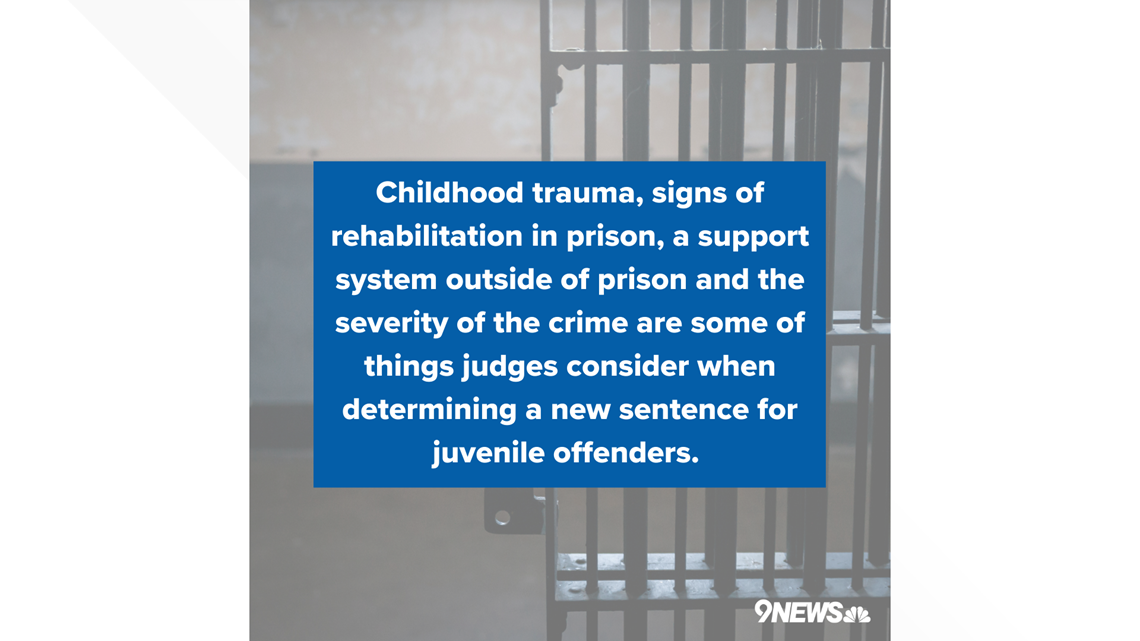
The Sentencing Project, an organization that "has worked for a fair and effective U.S. criminal justice system for 30 years," has been tracking these types of cases across the U.S.
Since 2012, 31 states and D.C have changed their laws for juvenile offenders convicted of homicide, according to the organization. All but four had previously required life without parole in these circumstances. These new laws provide mandatory minimums ranging from a chance of parole after 15 years (Nevada and West Virginia) to 40 years (Texas and Nebraska). Twenty-six states still allow life without parole as a sentencing option for juveniles.
> In the video below, Steve Malone, the grandson of the victim of Johnson's crime, talked to 9Wants to Know's Matt Jablow about his release.
More Colorado cases Nearly 50 juveniles were eligible
At the time of the Supreme Court decision, there were 48 juveniles in Colorado serving life sentences without the possibility of parole,
According to Colorado's Office of the Alternate Defense Counsel:
- 1 died in prison
- 9 are currently being resentenced
- 32 are still serving time after their resentencing
- 6, including Jeff Johnson, are now out of prison after either having their sentences commuted or being resentenced.
Here's more about some of those offenders:

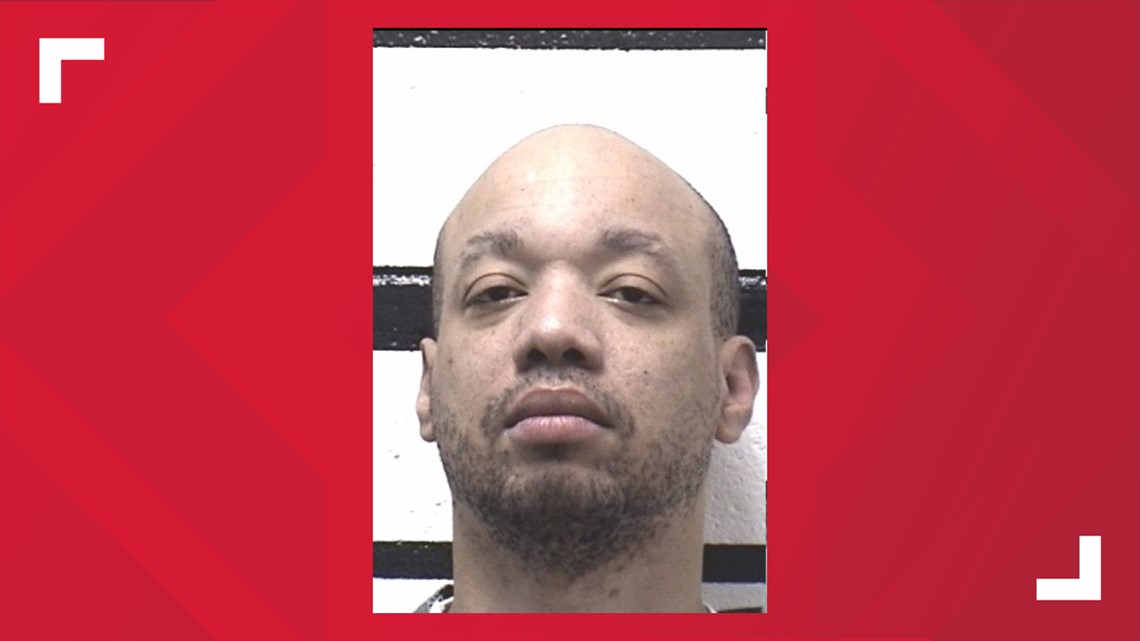
Curtis Brooks was 15 and homeless when three other teens enlisted him to help steal a car in 1995. One of the other teens shot and killed 24-year-old Christopher Ramos. Brooks was granted clemency and released in 2019 despite a felony murder conviction and sentence of life without the possibility of parole.

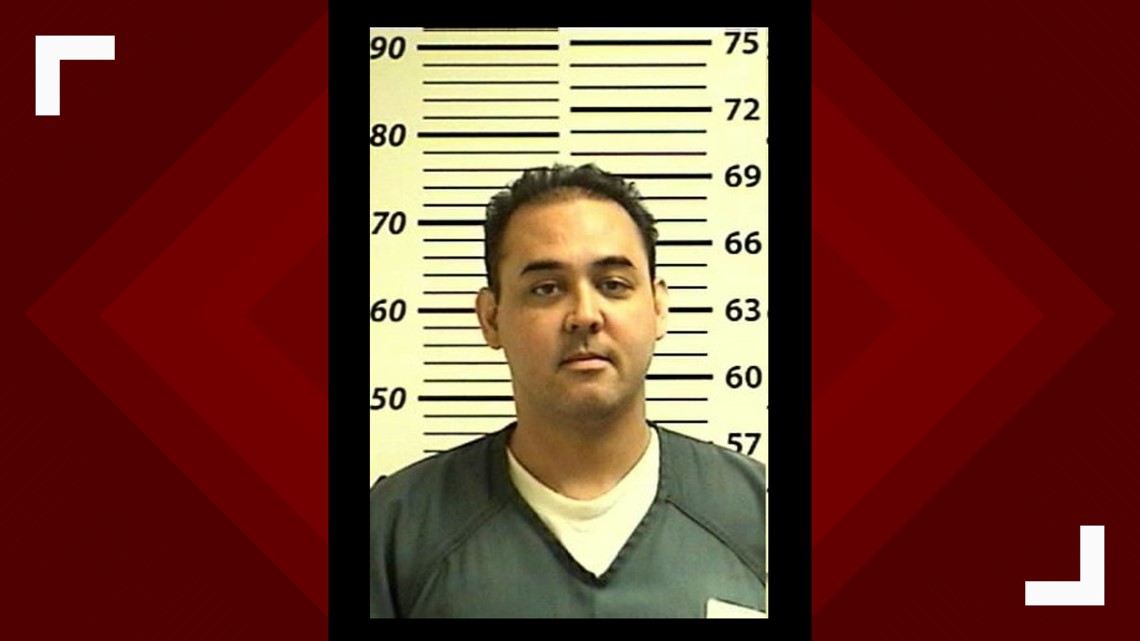
Marcus Fernandez was 15 years old in 1992 when he shot a Colorado State trooper. Fernandez was resentenced to 46 years in prison, and is expected to be released sometime in 2029.
Christopher Weedman was 17 when he was convicted of stabbing 13-year-old Tiffany Boelter to death. A teacher found her body on the Dupont Elementary School grounds on Halloween 1996. In 2018, Weedman was resentenced to serve a prison term of 40 years to life, meaning he may be eligible for parole after serving 40 years of his sentence.
Raymond Cain was convicted of the 1995 killing of 18-year-old Sadie Frost and the shooting of another woman. Prosecutors at the time said Cain shot the women as part of a robbery. He was resentenced to serve a prison term of 40 years to life.
Sam Mandez was sentenced in 1996 to automatic life in prison without the possibility of parole for the murder charge following his involvement in a 1992 robbery that led to a woman's death -- he was 14 at the time, according to his attorney Nicole Mooney.
In 2019 he was resentenced to 30 years in prison, and had already served more than 20 years of the time. The Weld County DA's office does not have an exact release date yet, but Mandez is expected to be released in the next few years.
The big debate Brain science and crime
Denver District Attorney Beth McCann has resentenced 14 juvenile lifers so far. She believes people under the age of 18 should indeed be treated differently than adults in the criminal justice system, even when convicted of the most serious crimes.
"We know that the portion of the brain that supports impulse control and judgment is not fully developed until people are about 25 or 26 years old, McCann said. "Young people just do not exercise the same degree of judgment and thought often when they're in a situation"
But people under the age of 18 should still serve significant prison time for murder, according to the former 18th Judicial District DA.
George Brauchler said current Colorado sentencing laws for juvenile murderers are far too lenient. He pointed to Alexander Pogosyan, who was convicted of killing five people in Arapahoe County when he was 17.
Brauchler said some juvenile lifers simply should not be able to rejoin society.
"It would be an injustice to come up with any sort of sentence out of that case that would allow that person to take one more breath of free air," he said. "The legislature has gone out of its way to come up with one of the most forgiving sentencing schemes for juvenile murderers in America."
Pogosyan is scheduled for resentencing next month.
Still, even Brauchler concedes there are certain cases, Johnson's in particular, that argue for giving juvenile lifers a second chance at life.
"I think Jeff Johnson is an example of how the prison system isn't a complete failure and it can help someone like [him] become completely rehabilitated, and I think he is," Brauchler said.
Needless to say, Johnson agrees.
"My life is a miracle," he said. "I think everybody's life is a miracle, I think sometimes we just don't sit back enough to enjoy it."
SUGGESTED VIDEOS: Investigations from 9Wants to Know



